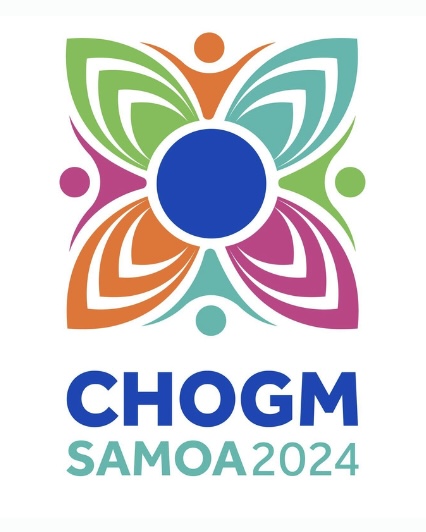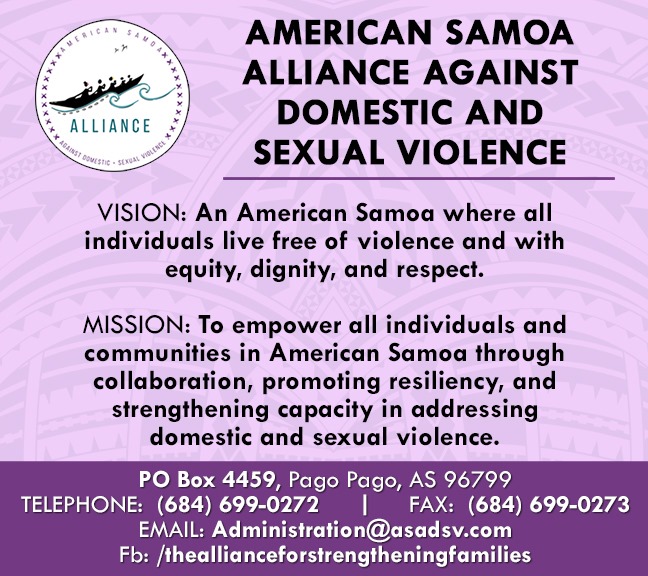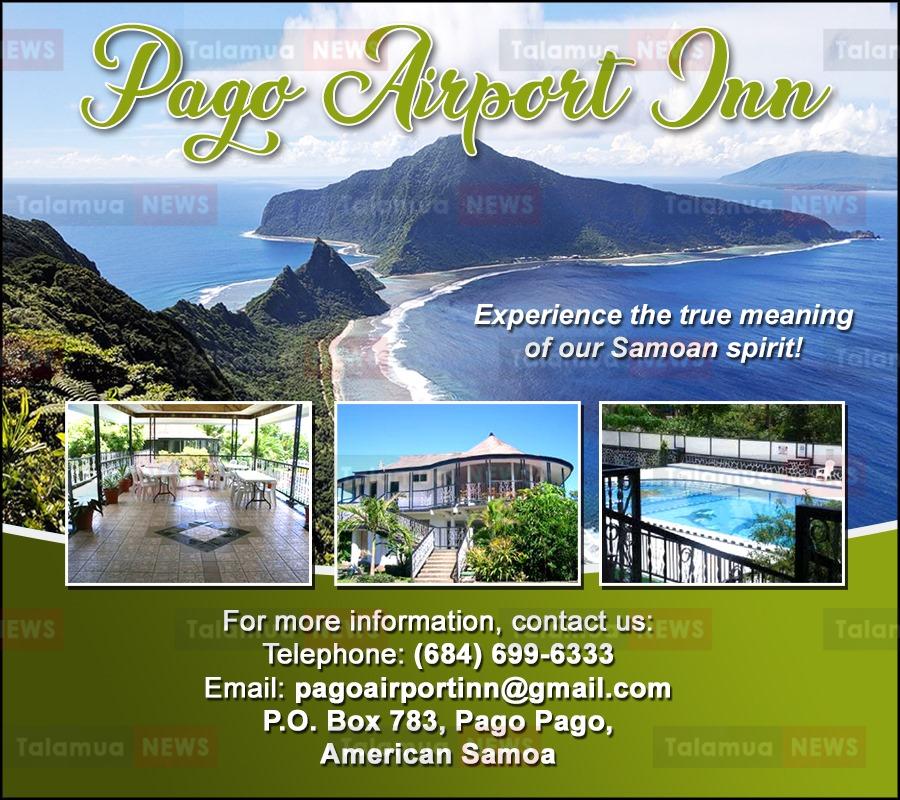Law & Order
Samoa Law Society Maintains Position “To Withdraw the 3 Bills”
APIA, SAMOA – 19 JUNE 2020: The Samoa Law Society is maintaining its position as recommended that all the three Bills now before Parliament are withdrawn until proper consultation is completed with the public as well as relevant stakeholders including the Samoa Law Society and Judiciary are properly consulted.
One of the reasons for the Samoa Law Society’s recommendation is because of:
- The removal of the protection of fundamental human rights guaranteed under the Constitution of Samoa with regards to matters before the Lands and Titles Court.
Fundamental human rights guaranteed under the Constitution as “Palagi” Concepts
There has being some discussions that that these fundamental human rights are “palagi” concepts and therefore should be removed when dealing with Lands and Titles matters because they are not of any relevance to our people in Samoa when dealing with our culture.
The Samoa Law Society has stated through various members giving interviews in the media that it is important to remember that these rights are human rights given to us as humans because we are human beings. It includes rights like the right to life, the right to be heard by an independent tribunal, and other basic principles of natural justice. These rights are there for the protection of every Samoan. It applies equally to everyone.
The Samoa Law Society also points out that the Ombudsman Report recognizes that these fundamental human rights and the Samoan customs and usages protect the same principles.
The Ombudsman’s report had stated, “Human Rights are underpinned by core values of respect, dignity, equality and security for everyone. Similarly, Fa’a Samoa and the Samoan way of life holds core values that guide social interaction such as respect, dignity, love, protection, and service, which mutually reinforce human rights.”
Protection of these rights and International Obligation
The Samoa Law Society also points out that the fundamental human rights in the Constitution are mostly in the International Covenant on Civil and Political Rights, ratified by Samoa in the year 2008. Therefore Samoa had reaffirmed its’ commitment to the protection of these fundamental human rights in the year 2008.
Individual Rights vs Communal Rights

Former Attorney General Taulapapa Brenda Heather-Latu and lawyer Muriel Lui.
The debate that appears to be taking place is that these fundamental human rights are individual rights, which has no room in Lands and Titles Court because the Samoan custom and usage requires the protection of the communal rights, or more specifically the powers of the Alii and Faipule.
The Samoa Law Society has constantly emphasized through its members that the more apt term to refer to individual rights is human rights. The answer is there has to be room for human rights. If there is no room for human rights, the concept of communal rights fails.
Communities are made up of individuals, and if individuals cannot have their basic human rights guaranteed and protected, then they cannot participate and form any sort of harmonized and peaceful community.
And if there is no harmonized and peaceful community, then there is no such thing as communal rights.
The Constitution is not a Samoan Constitution, as it is a palagi concept
The explanatory memorandum for the Bill and the Government releases so far implies that the Constitution is a palagi concept and not a Samoan Constitution, saying that these Bill’s are to make the Constitution a Samoan Constitution.
The Samoa Law Society in reply has reminded the Country what the Constitution itself says. The Constitution states, “Now therefore, we the people of Samoa in our Constitutional Convention, this 28th day of October 1960, do hereby adopt, enact and give to ourselves this Constitution. “
The Samoa Law Society also says that any suggestion that the Constitution is not a Samoan Constitution is an affront to our Forefathers who gifted such an important piece of legislation to all Samoans. These forfathers included Highness Tupua Tamasese Meaole, Malietoa Tanumafili II the first Joint Heads of State of Samoa and the Honourable Prime Minister Fiame Mataafa Faumuina Mulinu’u II, the first Prime Minister of Samoa, Afioga Tuimaleali’ifano Sualauvi II, then the only member of the Council of Deputies and the 165 members and associate members of the Legislative Assembly representing all villages and districts of Samoa.
“Our forefathers and framers of our Constitution were faced with the very difficult task of trying to harmonize the communal aspects of our culture and the need to protect human rights guaranteed to every Samoan. That is why the drafting of our Constitution went through very intensive and detailed consultative process and involved the number and calibre of leaders and matai that were involved.
The result of that process was a Constitution that harmonized the basic human rights of each Samoan with the communal aspect of our culture. This Constitution has managed for 58 years to keep the two aspects balanced and checked,” was a comment by the Samoa Law Society in their recent release when questions were asked by the media regarding the former Chief Justice Sapolu’s views in support of the Bills.
Great potential for inconsistency and disharmony between communal and individual rights

Lawyer To’oto’ole’a’ava Dr. Fanaafi Aiono – Le Tagaloa
The Samoa Law Society says the current three Bills do not specifically provide that communal rights will now be recognized on a more detailed level than it was before.
The argument that communal rights will now be given the elevated status it deserves is in the assumption that creating an independent Lands and Titles Court will automatically elevate communal rights.
However, it does not mean that automatically communal rights will now win over human rights where there is conflict. What is simply means is that because of the separation of the two courts, there is now room and great potential for inconsistency and disharmony between the two rights.
“This move dismantles all of the hard work our forefathers put into framing a Constitution that will create harmony between our culture and basic human rights. This move has great potential to further the divide between our culture and the legal system.”
Furthermore Dr. Fanaafi Aiono – Le Tagaloa in a media interview questioned this description of Samoan culture as communal rights. She explained that Samoan families have their “Sa’o” who are the final decision makers of the family, and that is an individual.



















